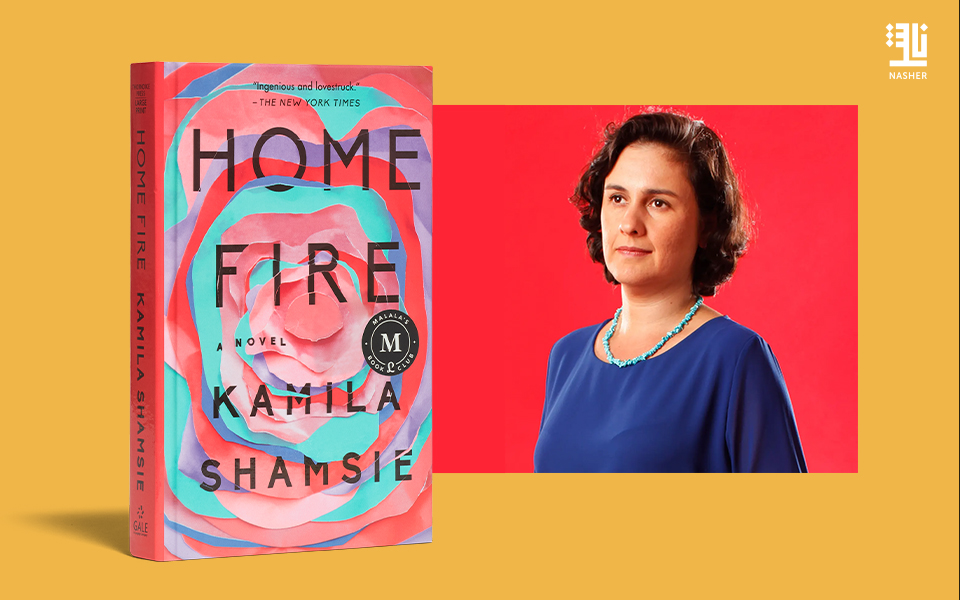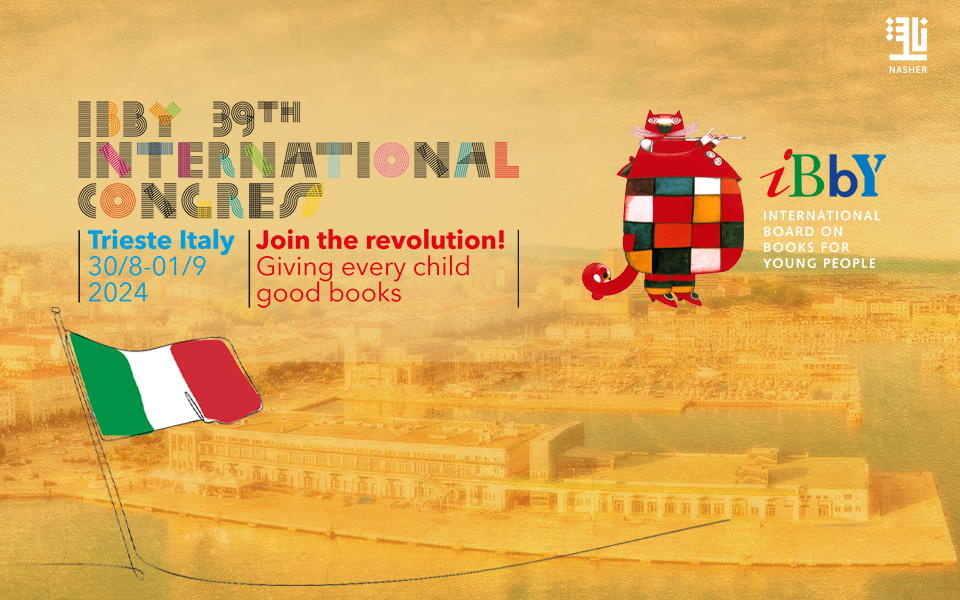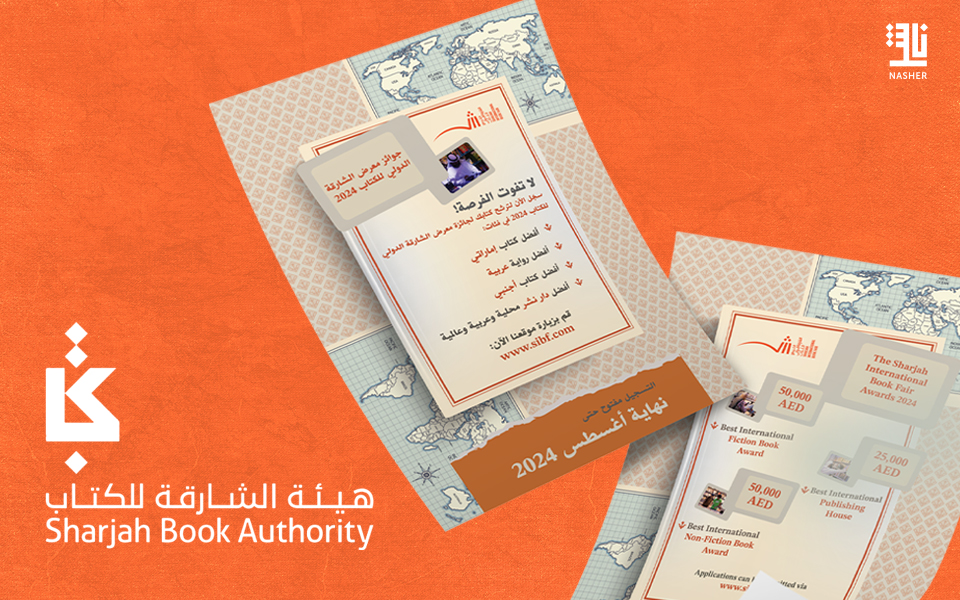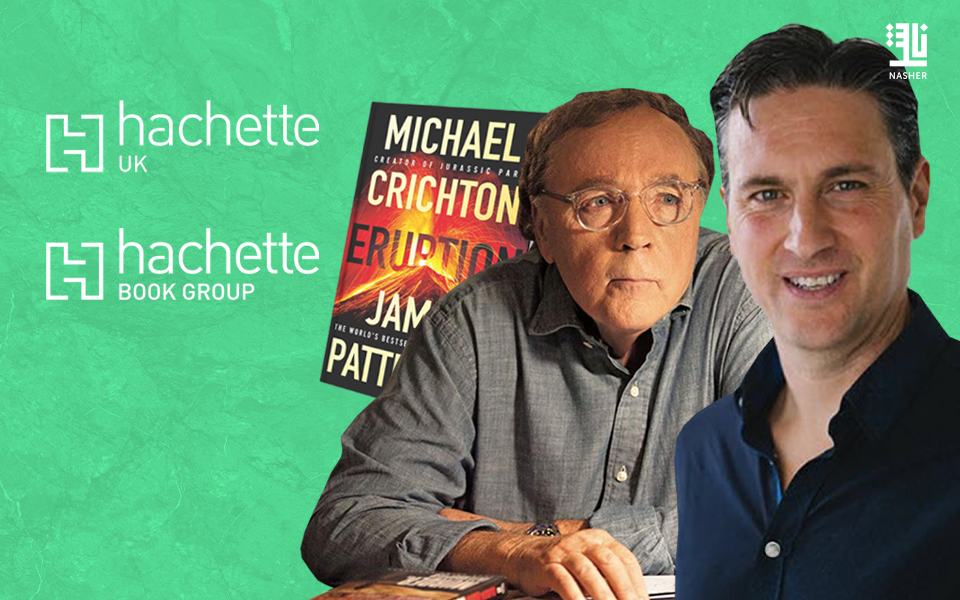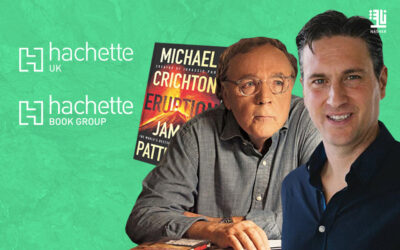Home Fire by Kamila Shamsie is a modern retelling of Sophocless play Antigone. In Antigone; a teenage girl is forced to choose between obeying the law of the land (her uncle, the king of Thebes, has forbidden the burial of a traitor) and religious law (the traitor is Antigones brother, Polynices, who has declared war on his city, and killed his own brother, Eteocles, along the way). Antigones good brother gets a funeral, the bad one is left to rot. Leaving a relative unburied is profoundly taboo in ancient Greece, so Antigone must decide: does she obey her conscience and bury Polynices the punishment for which is the death penalty or does she obey the law and leave her brother to be picked apart by dogs? And this, essentially, is the dilemma faced by Aneeka, the beating heart of Home Fire. Her twin brother, Parvaiz, has left London to work for the media arm of Isis, after discovering that his absent father died en route to Guantánamo. Her sister Isma tells the police where he has gone and Aneeka is appalled: You betrayed us, both of us. And then you tried to hide it from me. Dont call, dont text, dont send the pictures, dont fly across the ocean and expect me to ever agree to see your face again. We have no sister.
The build-up to disaster is told with an ever-increasing tension. We begin with Isma, the older sister to the twins, the voice of compromise and accommodation. She is the voice of reason yet as a reader it is a struggle to connect with her or even empathise, maybe its also due to the fact that she is absent in the largest chunk of the novel. When Isma first meets Eamonn, the non-religious son of an authoritarian British home secretary who has sought to put his Muslim faith behind him, she is studying in the US and he is there on holiday.
There is an undeniable connection between Isma and Eamonn. But on his return to London, he falls for her sister Aneeka, who sees him as a possible ticket home for her lost brother. She is unrepentant for the way she trades on him: I wanted Eamonn to want to do anything for me before I asked him to do something for my brother. Why shouldnt I admit it? What would you stop at to help the people you love most?
The Home of Shamsies title refers both to Britain a key character rises to the post of home secretary, the minister responsible for immigration and security and to the London households of two very different immigrant families, the Pashas and the Lones. Isma Pasha has raised her siblings, twins Aneeka and Parvaiz, since their mother and grandmother died; the Lones are Karamat, a rising political star, his feckless son, Eamonn, and his Irish-American wife, Terry. The Pashas are wary Muslims conscious of the general cloud of suspicion hovering over the community, and secretive about their own particular family history. Karamat, by contrast, is a public figure, at once highly assimilated and proudly exceptional (he revels in the nickname Lone Wolf), while Eamonn is so blithely deracinated that he asks Isma, in reference to her headwear, Is that a style thing or a Muslim thing? These two families separated, since both are British after all, by class as much as piety are swiftly, if somewhat contrivedly, drawn together. What seems at first like a potential love triangle twists into more complex political entanglements.
Parvaiz is radicalised by a local man called Farooq who grooms him to join Islamic State. Britains intolerance to Islam, meanwhile, is embodied in Karamat Lone, a British-Asian Home Secretary who is so keen to distance himself from conservative Muslims that he speaks in slogans such as citizenship is a privilege not a right.
Its a different story for Parvaiz, haunted by the spectre of his father who, years earlier, was drawn to jihad and died while being taken to Guantanamo.
Importantly, Parvaiz is never demonised, remaining a misguided teenager for whom we feel sympathy until the end. Eamonn seems to be his opposite wealthy, secularised, surrounded by privilege. While Parvaiz strives to be more like his absent father, Eamonn rebels against his present, over-controlling one.
The novel switches points of view between the main characters, and the structure mostly works well. The sections that follow Parvaiz could have used more pages, however; his radicalisation seems to happen rather quickly, and it’s not quite clear enough how he went from a sweet-tempered would-be sound designer to a jaded militant in such a short amount of time.
The most impressive part of Home Fire, though, is Shamsie’s writing,as she delivers a moving meditation on grief: “grief was bad-tempered; grief was kind; grief saw nothing but itself; grief saw every speck of pain in the world; grief spread its wings large like an eagle, grief huddled small like a porcupine; grief needed company, grief craved solitude; grief wanted to remember, wanted to forget; grief raged, grief whimpered.” It’s a beautiful section.
Home Fire pulls off a fine balancing act: it is a powerful exploration of the clash between society, family and faith in the modern world, while tipping its hat to the same dilemma in the ancient one. Home Fire is a difficult read at some stages but it is an important book to be added to your bookshelf, we have given it 5/10. It is published by Bloomsbury.

